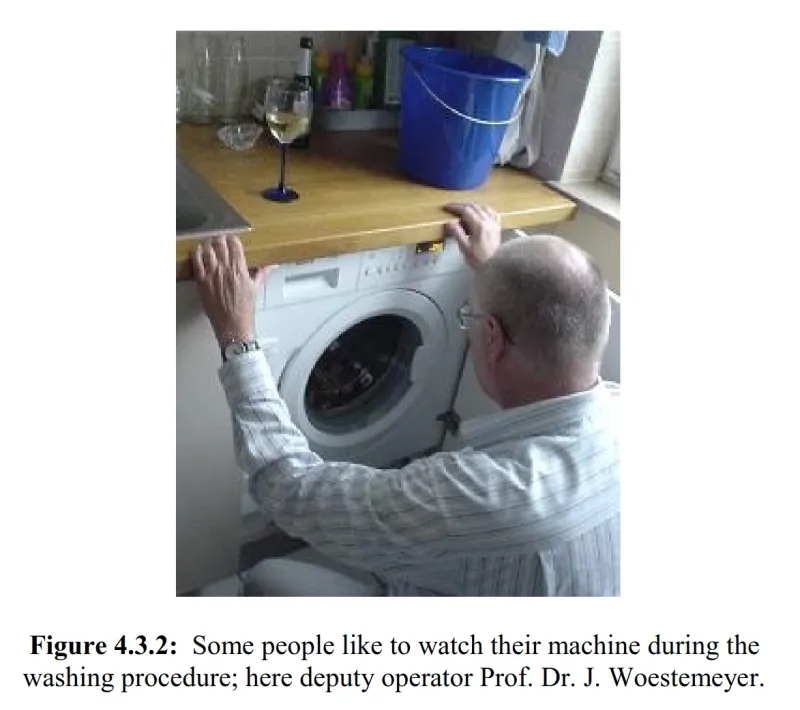New Plankton Valhalla Essay!
A meta-cross-post
Marco Giancotti,

Marco Giancotti,
Cover image:
Figure from 'Random Structures from Lego Bricks and Analog Monte Carlo Procedures', Althöfer, 2013
Yesterday I published a new Plankton Valhalla essay titled Recursion, Tidy Stars, and Water Lilies, and it marks a little milestone for me. I feel in the mood to celebrate.
Plankton Valhalla (PV) is the sister site to Aether Mug—a big sister, since I started it a year and a half earlier. Where AeMug blog posts are frequent, regular, and a bit random, PV essays come "when they're ready", and they tend to be longer (this latest one might be a record, at almost seven thousand words!). And, unlike AeMug, PV is a single thematic thread, and each essay builds on top of the previous ones while striving to assume no academic knowledge in the readers.
So what is this thread about? It's a reframing of certain parts of science that I wish were more widely known and understood, with the purpose of making them more accessible. It's not quantum physics or general relativity. I believe that with the topics I have in mind (complexity, emergence, evolution, and friends) most of the difficulty is not in advanced math or high abstraction, but in the framings—the words we employ to talk about them. The framings used by the experts seem to work just fine for them, but they go counter to so many intuitions of daily life. PV is my attempt to change that.
That's the idea, at least, but it was harder than I imagined. All the convenient technical terms that I would normally use to explain even a simple concept are unavailable to me. Some are too technical to be palatable to most, others are the source of confusion and counter-intuition, the very thing I'm trying to replace. It's doable (after all, there is a whole version of Wikipedia written in Simple English), but it leads to some interesting detours.
The ongoing trilogy of essays on PV, of which yesterday's is the middle one, addresses the big confusing mess that is human intent and its real and perceived effects on everything around us.
I set out with the idea to write a single essay explaining cybernetician Stafford Beer's awesome maxim, the purpose of a system is what it does (POSIWID for short). I love this sentence, it compresses a universal and universally-misunderstood truth in eight memorable words. If you ask me, it's worth having every 6-year-old master its meaning in first grade. You just need to unpack it a little, and everyone will see its applicability, right? That's what I thought in December 2023, before I tried writing the darn thing down.
As it turned out, Beer's word choice may be clear enough for someone who is thinking about systems, organizations, and complexity all the time, but it is flawed in memetic terms. The word "purpose" means something specific to people: it's what people want the system to do, regardless of what it does. POSIWID is intentionally paradoxical in this sense, and once you get its intent, that's fine. Unfortunately, it also makes the concept opaque and frustrating to the non-initiated. Why should the we all have to redefine a common word like "purpose" just for this insight?
It took me several drafts of the essay to realize that I had to ditch Beer's wording, as much as I liked it. Quietly redefining common words for specific goals is a very confusing practice, a sin forbidden on Plankton Valhalla and Aether Mug. Not only did I have to throw away most of what I'd written, I also had to iterate with my framings and my word choices, making sure that they didn't stray far from their most common definitions.
In the process I decided that I needed three essays, not one, to unpack the concept, and that I had to coin at least one new term—something far preferable to repurposing existing ones.
That's how I arrived at Recursion, Tidy Stars, and Water Lilies. It's very long because it contains lots of worked examples, including almost thirty images. It took me ten exhausting months, many revisions, and dozens of hours to (re)write. It's the longest thing I've published until now, barring my PhD thesis. Yet its goal is only to introduce, in the clearest way I can muster, the key concept I'm calling Water Lilies. I'm quite happy with how it turned out. This will be a powerful tool when I tackle the topic of purpose head on in the next essay. ●
Cover image:
Figure from 'Random Structures from Lego Bricks and Analog Monte Carlo Procedures', Althöfer, 2013
